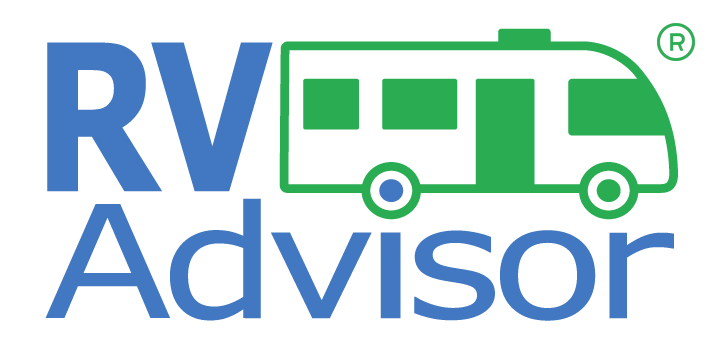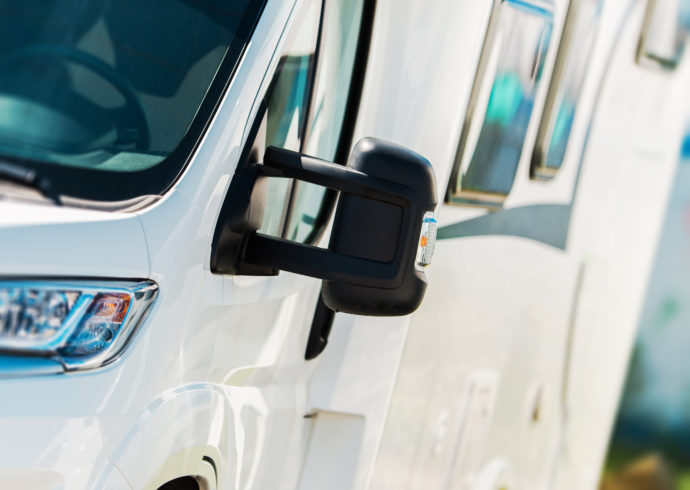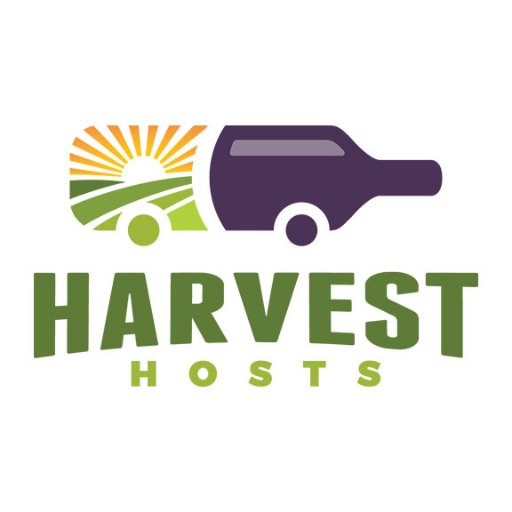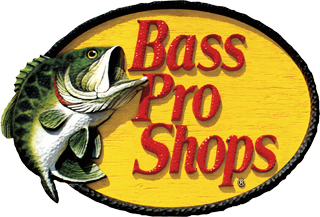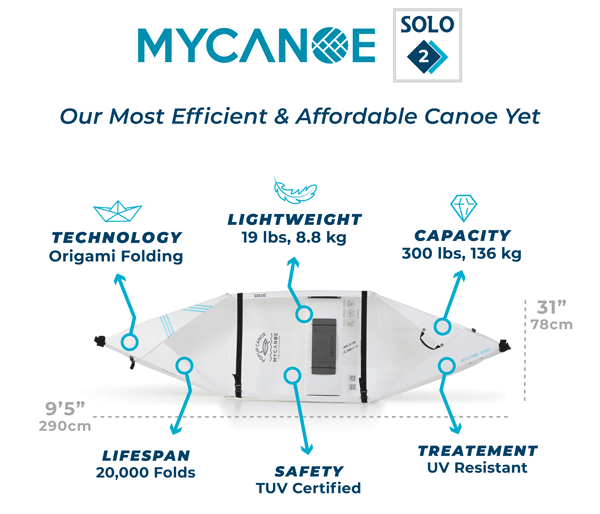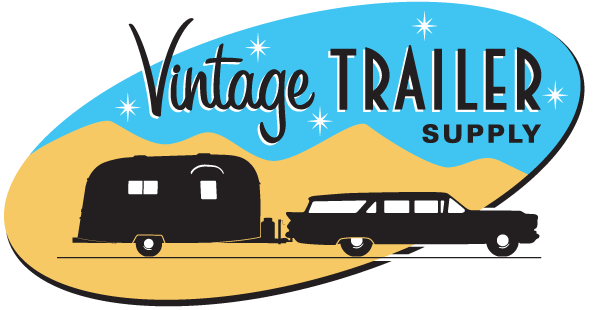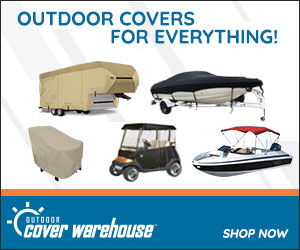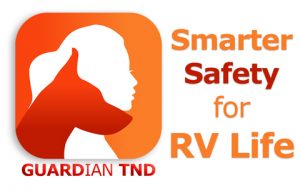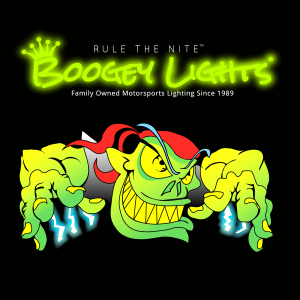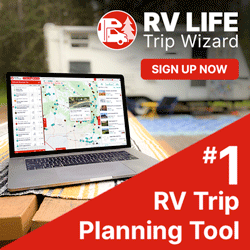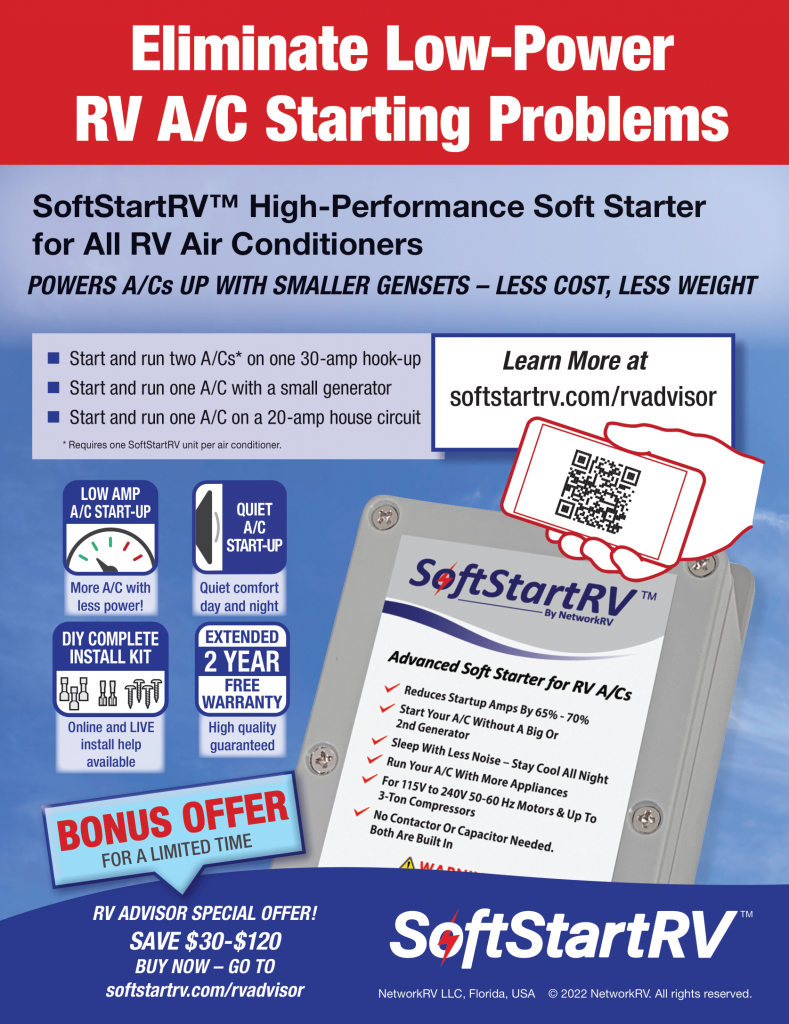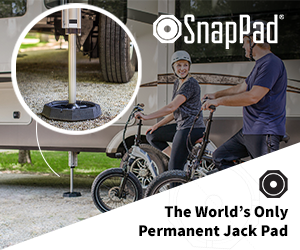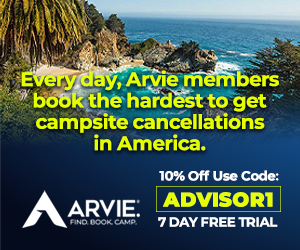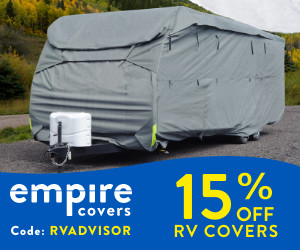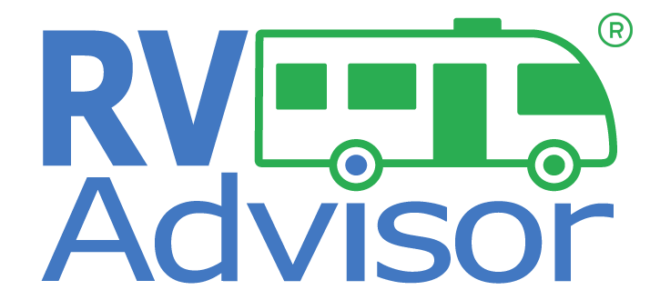We all need help from time to time
Where would many of us be without YouTube or Google? We can’t be experts right off the bat when we’re starting out with a new venture. Thankfully there are resources and help to guide us on our way and keep us from making the mistakes and errors that are common when we’re beginners. If it weren’t for the internet, most of us wouldn’t know much of what we do now. We’d be stuck as novices forever, winging our way through every trial and error there is. RVing is a lot of fun, and there’s a lot to learn, but you should leave the adventurous learning to your destinations, not your journeys.
Take time to understand your RV
This doesn’t mean driving your RV – we’ll get to that in a moment. This means taking a bit of time to learn where your systems are, how they operate, and what you need to do for them while you’re on the road. Take some time to get to know the inside of your RV – where items such as your fire extinguisher are located so you can grab them quickly in case of an emergency. Sit in your captain’s seat, make sure it’s comfortable, and make sure you know how to adjust it easily while on the road. Get to know your RV so you don’t have to search endlessly or frantically while out on the road.
The first trip should be a short trip
Don’t plan your first trip to be a vacation several hundred miles away. Take a weekend trip to a campsite close by. Make sure it’s not so far that you can’t get home or that you’re unfamiliar with your surroundings but far enough to give you some experience with handling your rig. The first trip will let you know if you’ve packed the right things, if you’ve packed unessential items, or even if you forgot some items that you desperately miss.
Include tools in your packing list
You’ll be lost without tools. You can perform many repairs and maintenance tasks yourself, so make sure you’re equipped to handle an issue when it arises. Don’t go overboard in packing your tools, as space and weight will be an issue, but make sure you’re bringing along the tools you use most often. Consider the most common issues – tires, AC, and water pump and lines – that come up with RVs, and pack the tools you’ll need to address those issues.
Know how to set up a campsite
This can save you a lot of time when you get to your destination and allow you to spend more time enjoying yourself than preparing for your stay. You may even want to create a checklist for the first few times until you get the hang of it. Don’t be afraid to delegate tasks to each member of the family so the setup goes quickly and smoothly.
Know where you can park and where you can’t
Some places allow public parking at any hour of the day, which is useful to know when you’re going through an area and exhaustion strikes. If you get tired of driving, or you want to nap or take a breather for a few hours, there’s nothing wrong with that. However, not every place will allow you to set up shop for an extended length of time. Know where you can rest and where you can’t.
You don’t know all you think you do
Be open to advice and wisdom from other RVers. You may have spent a lot of time researching and looking online, but that doesn’t beat what hands-on experience – such as consulting with other RVers – can teach us. If someone offers advice along the way, don’t argue with them; thank them for it. One of the biggest mistakes we can make is letting our pride get in the way of absorbing knowledge and advice.
Speaking of advice, did you know a membership with the RV Advisor gives you access to expert advice wherever you are? Just post your question, and let our experts and RV veterans help you find a solution! Join the RV Advisor now, and always have expert advice as close as your phone.
